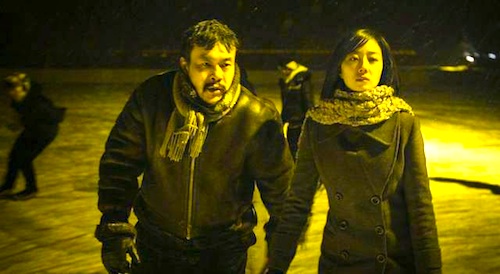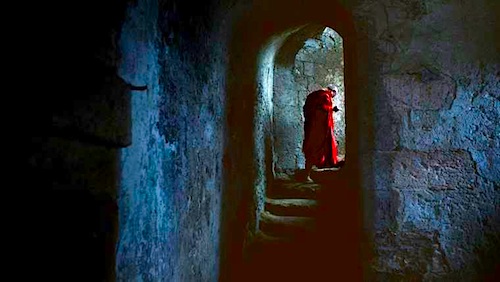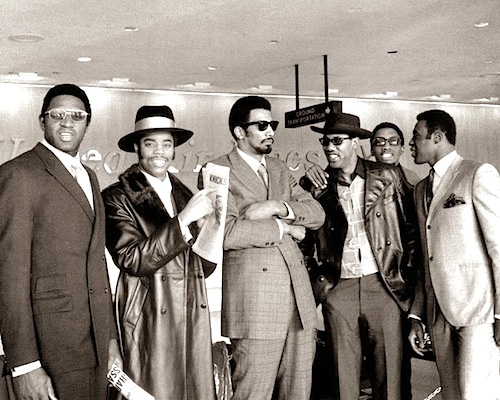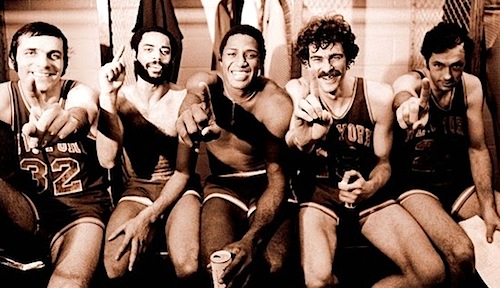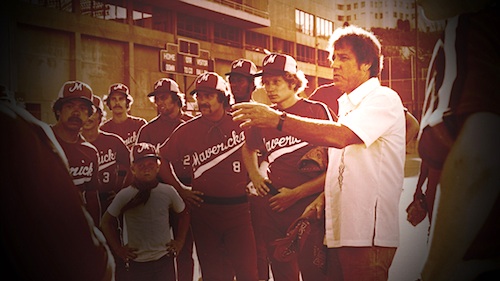
By Joe Bendel. They were like an adult version of the Bad News Bears. The Portland Mavericks were the last independent team to compete in Major League Baseball’s minor league system. Instead of simply developing prospects for big league affiliates, the Mavericks played to win. They also did their best to put on a show for the fans. Nearly thirty-seven years after their final game the Mavericks will entertain audiences once again when Chapman & Maclain Way’s documentary The Battered Bastards of Baseball screens at the 2014 Tribeca Film Festival.
Bing Russell was a working actor still probably best known as Deputy Clem on Bonanza, but baseball was his first love. About the time the Cartwrights were finally canceled, Portland’s AAA farm club left the city for Spokane. To the bemusement of just about everyone, Russell decided to launch an independent Single-A club and announced open tryouts to fill out his roster. The sports establishment laughed, but a whole lot of people showed up. However, Russell was able to recruit one veteran minor leaguer: his son Kurt Russell, a.k.a. Snake Plissken. Oddly enough, the makeshift Mavericks started winning—and drawing. Of course, that rather embarrassed the baseball establishment.

Years later, Russell still chuckles at his father’s showmanship. In fact, Battered is one of the rare documentaries with no dirty family linen to air. Clearly, he thinks old man Bing was a cool cat and has the rest of us convinced in about thirty seconds. Without question, the senior Russell set the tone for the Mavericks, who consistently lived up to their names.
Yes, Battered is a sports doc, but it is also a show biz story, a family history, and a great big slice of Americana. Of special interest to cineastes, Oscar nominated director Todd Field also extensively reminisces throughout the film about his experiences as the Mavericks’ batboy. It is about rooting for the underdogs and defying the old boys’ network. Most importantly, Battered is even more fun than an Elvis bobble-head.
The Ways were blessed with a great story that is already being talked about as a potential narrative feature, but they make some shrewd presentation choices throughout the film. There are the odd poignant moments in Battered, but they generally revel in the madcap spirit of the team. Few docs ever fly by at such a breezy gallop. Very highly recommended for fans of baseball, either Russell, and defiantly idiosyncratic entrepreneurship, The Battered Bastards of Baseball screens this Wednesday (4/23) and Saturday (4/26) during the Tribeca Film Festival.
LFM GRADE: A
Posted on April 21st, 2014 at 9:10pm.
